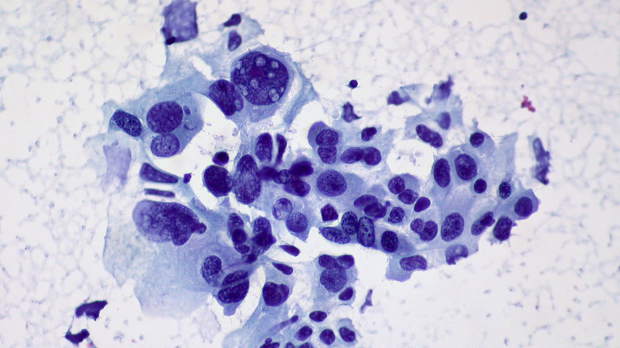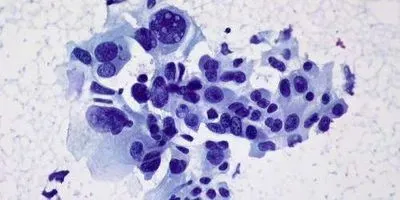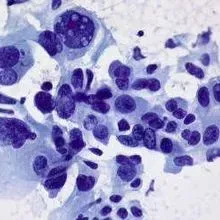 WIKIMEDIA, ED UTHMANOncologist You Lu of Sichuan University’s West China Hospital in Chengdu and colleagues will soon begin trialing a new CRISPR-based immunotherapy in 10 patients with non-small cell lung cancer that has metastasized and is not responding to treatment. The hospital’s review board approved the study on July 6, and the team hopes to treat the first patient next month, according to Nature.
WIKIMEDIA, ED UTHMANOncologist You Lu of Sichuan University’s West China Hospital in Chengdu and colleagues will soon begin trialing a new CRISPR-based immunotherapy in 10 patients with non-small cell lung cancer that has metastasized and is not responding to treatment. The hospital’s review board approved the study on July 6, and the team hopes to treat the first patient next month, according to Nature.
Meanwhile, a similar project proposed by researchers at the University of Pennsylvania and elsewhere was greenlighted by a US National Institutes of Health (NIH) advisory panel, but “faces months of additional regulatory hurdles before it can go ahead by the end of 2016 at the earliest,” STAT News reported.
Lu’s team may have beaten the US group for regulatory approval, but it wasn’t easy, Lu told Nature. “There was a lot of back and forth,” he said, noting that it took six months and a lot of time and resources. He also added that the NIH’s approval of the proposed trial by UPenn researchers “strengthened ours and our IRB’s confidence in this study.”
Once the trial gets underway, Lu and colleagues will remove T cells ...



















